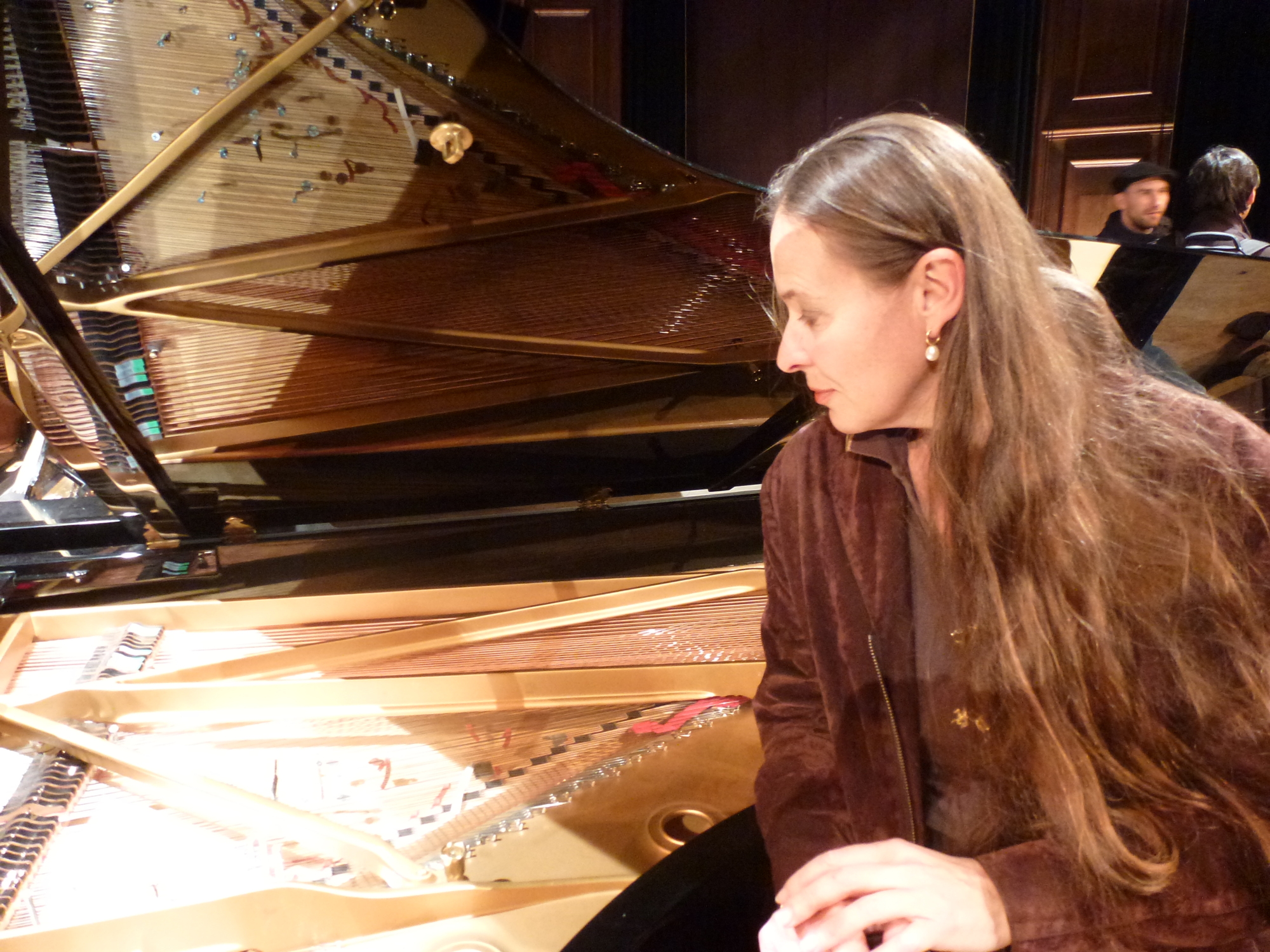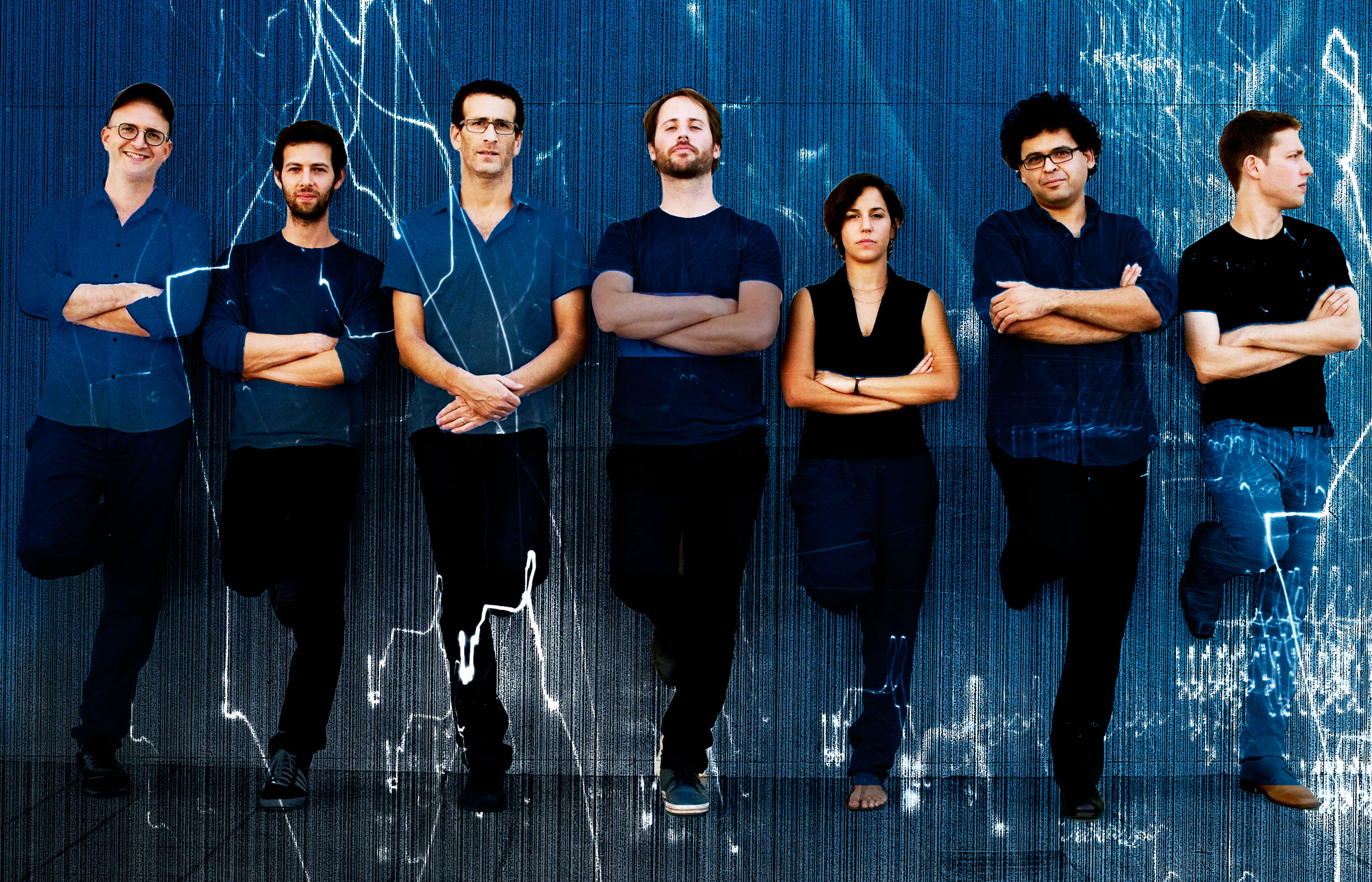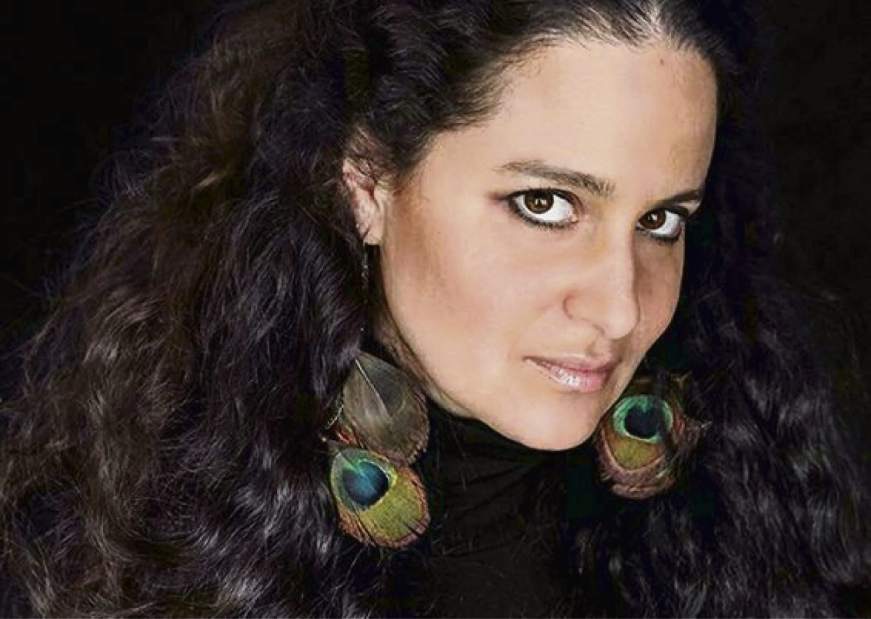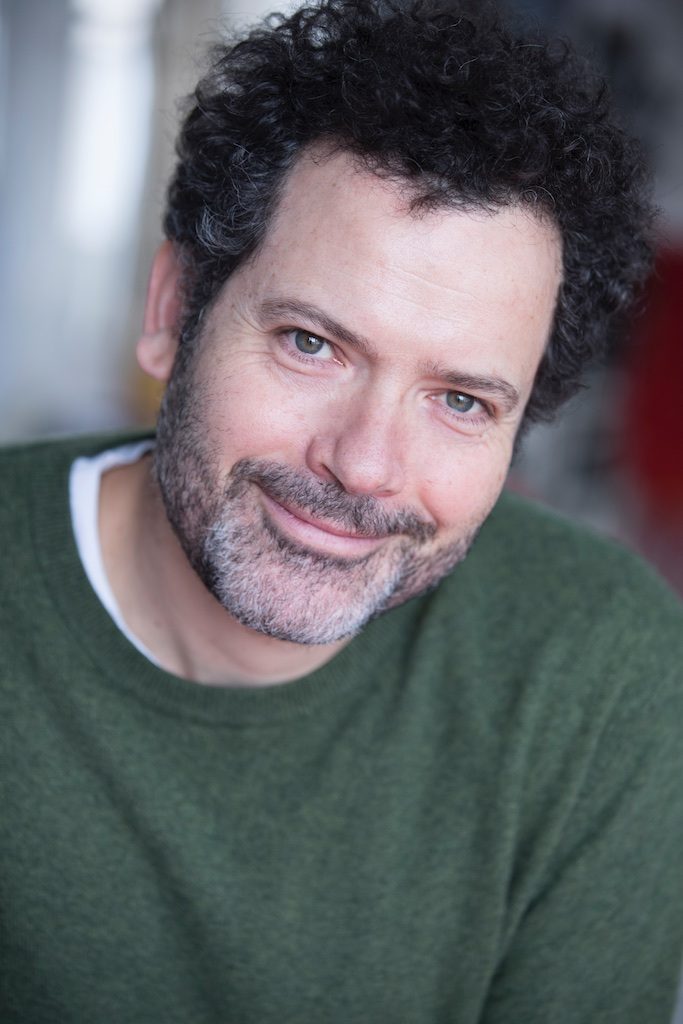Michèle Rusconi will premiere her composition “Les Souffrances de Job” at Basel’s Gare Du Nord. In this interview, she explains how the tragedy by Hanoch Levin has been adapted.

Björn Schaeffner
Michèle Rusconi, what fascinates you regarding Hanoch Levin’s text “Les Souffrances de Job”?
I consider Hanoch Levin one of the world’s most important authors of the second half of the 20th century. I am fascinated by his grandiose language, his wit, his satire and his bitter black humour, which allow him to speak the unspeakable.
How do you mean?
I admire Levin’s sharp, uncompromising gaze, while at the same time I fear the mirror he is so relentlessly holding up to me. Levin shifts Job’s story from the Bible to the Roman era, about a thousand years later, which results in a kind of alienation effect, like the one that can be found in Brecht’s work.
Can you identify yourself with Job’s character?
Job is a parable, a universal figure. In his tragedy, Levin describes the unjustly suffering of an unjustly punished man, whose misfortune has neither cause nor purpose. It is an atheistic attitude. Because Levin answers Job’s question to his friends : «does suffering have a different meaning than suffering?» with a « No ». Levin’s Job, a brother “in spirit” of Kleist’s Michael Kohlhaas, affects me. In contrast to the biblical Job, he is not rewarded by his faithfulness to God. His loss is definitive, he dies.
Michèle Rusconi, Ratafià, Streichquartett, 2009
How did you approach the material?
A friend and translator of numerous Israeli plays, sent me an extract of «Les Souffrances de Job». I selected individual sentences and dialogues by various characters: Job, his three friends, the bailiff, the beggars, the officer, the circus director and the dead. I did not proceed by narration, but exchanged chapters and began to compose using the French text. The Israeli soprano Tehila Nini Goldstein, who lives in Berlin, was enthusiastic about the project and shortly afterwards I was able to persuade Ensemble Meitar from Tel Aviv, then Desirée Meiser from Gare du Nord and a few months later actor Zohar Wexler from Paris.

This means the project became more and more complex?
At some point I decided that, in addition to the French translation, I also wanted to work with the original Hebrew text. The voice is crucial in this piece. Job’s substance is incredibly exciting: he cries, curses, roars, fights, laughs, whispers, becomes insane, despairs, gives up. The piece ended up being sung and spoken alternately in both languages.
The two languages’ emotionalism is completely different though.
Exactly! With a singer, an actor and two languages, I had new parameters, several octaves, different acoustic colours that these languages transmit. Suddenly there were many more ways to deal with the text. I actually hadn’t noticed untill then, that I had assigned Job’s text to a female voice. In addition there are surtitles: in Tel Aviv Hebrew, in Basel and Zurich German, and in Geneva French.

What can the public look forward to?
To the great text by Hanoch Levin! And the wonderful Meitar Ensemble, the agile actor Zohar Wexler, the great soprano Tehila Nini Goldstein and myself. This coming together is a small miracle itself.
Why?
Because it is hardly feasible, logistically I mean! (laughs). We work in four different cities and stage in three different languages, which doesn’t make it easy.
Interview: Björn Schaeffner
Meitar Ensemble, Ondřej Adámek, ‘Ça tourne ça bloque’, Pierre-André Valade
« Les Soufffrances de Job » is part of the two key themes of Gare du Nord’s current season, ‘Musiktheaterformen‘ and ‘Later Born‘: « Musiktheaterformen » illustrates aspects of contemporary music theatre in presentation and conversation. ‘Later born’, on the other hand, deals with the great traumas of the 20th century – National Socialism, the two world wars and their consequences – mirrored by the questioning look of those born after them.
The premiere in Basel will be followed by a panel discussion with Michèle Rusconi and Matthias Naumann (translator, publisher and author of a publication on Hanoch Levin).

dates:
5. 12.19, 20:30h Tel Aviv, Inbal Multi Cultural Ethnic Center
7.12.19, 20h Basel, Gare du Nord
9.12.19, 19:30h Genève, Salle Ansermet
10.12.19, 19:30h Zürich, Kunstraum Walcheturm
Gare du Nord, IGNM Basel, Kunstraum Walcheturm, Meitar Ensemble
neo-profiles: Gare du Nord, Michèle Rusconi

